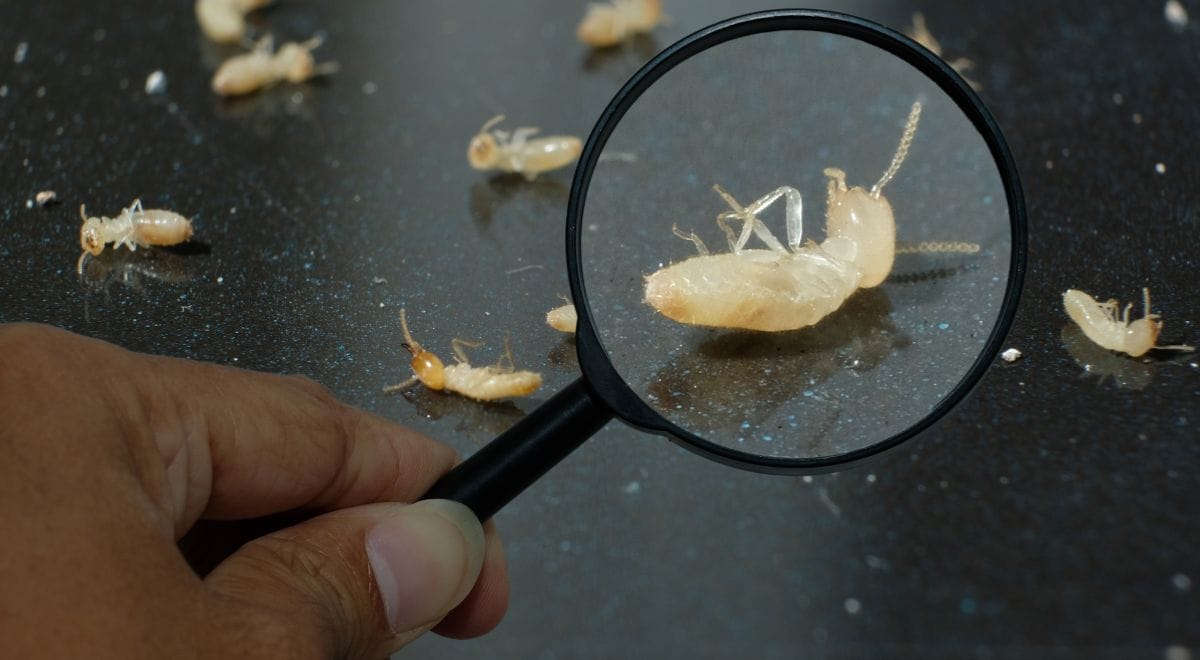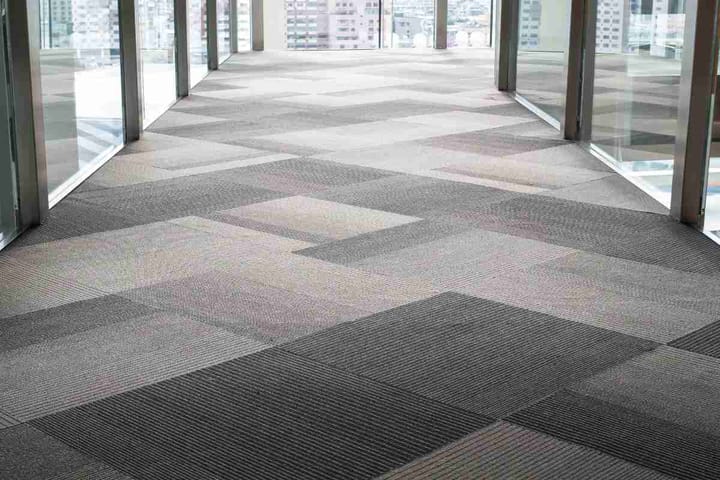The Battle Against Unwanted Guests - Termite and Pest Control Explained
While pests balance nature, termites in homes can be destructive. Learn about their role outdoors and how to manage them indoors for homeowner's peace.

In the intricate tapestry of nature, pests play an essential role in maintaining the balance of ecosystems. However, when these creatures venture into our homes and gardens, they can become unwelcome guests, causing damage and discomfort among the many pests that trouble homeowners. Termites are often considered one of the most destructive.
Understanding Termites
Termites, often called "silent destroyers," are small, pale insects that feed on wood and other cellulose-based materials. They play a significant role in the natural process of decomposition by breaking down dead trees and plants. Unfortunately, they consume structural wood when they invade our homes, leading to extensive damage.
The Importance of Pest Control
Pest control is crucial for several reasons:
- It helps protect our homes and investments from the destruction that termites and other pests can cause.
- It safeguards our health by preventing the spread of diseases carried by specific problems, like rodents and mosquitoes.
- Effective pest control ensures our comfort and peace of mind, allowing us to enjoy our living spaces without the constant worry of unwanted visitors.
To know more, visit the website of Elite Pest and Termite Control, LLC.
Prevention: The First Line of Defense
Preventing pest infestations is the most effective and environmentally friendly pest control method. Here are some proactive steps homeowners can take:
- Maintain a Clean Environment: Keep your home and surroundings clean and free from debris that can attract pests.
- Seal Entry Points: Seal any cracks or gaps in doors, windows, and walls to prevent pests from entering your home.
- Proper Storage: Store food in airtight containers and keep garbage in sealed bins to deter rodents and insects.
- Regular Inspection: Regularly inspect your home for signs of pest activity, such as droppings, nests, or chewed wires.
- Treatment Options
When prevention isn't enough, various treatment options are available to control termite and pest infestations:
- Chemical Pesticides: Professional pest control services can apply chemical pesticides to eliminate or deter pests. Experts should handle these treatments to ensure safety.
- Biological Control: Some pests can be controlled using natural predators or pathogens targeting them.
- Mechanical Barriers: Physical barriers, like screens, traps, and nets, can help keep pests out or capture them when they enter.
- Baiting Systems: Termite bait stations are effective for long-term termite control. These stations attract termites, sharing the bait with the colony and destroying it.
- Fumigation: In cases of severe infestations, fumigation may be necessary. This involves sealing the affected area and releasing a fumigant to eradicate pests.
- The Role of Professionals
While some homeowners may attempt DIY pest control, consulting with professionals is often best. Pest control experts have the knowledge and experience to identify the pest problem accurately and select the most effective treatment methods. Moreover, they can ensure the safe application of chemicals and provide ongoing monitoring to prevent future infestations.
In the ongoing battle against unwanted guests like termites and other pests, a proactive approach to prevention is critical. Keeping a clean and well-maintained environment is the first line of defense. Professional pest control services are the most reliable option when infestations occur.


Comments ()